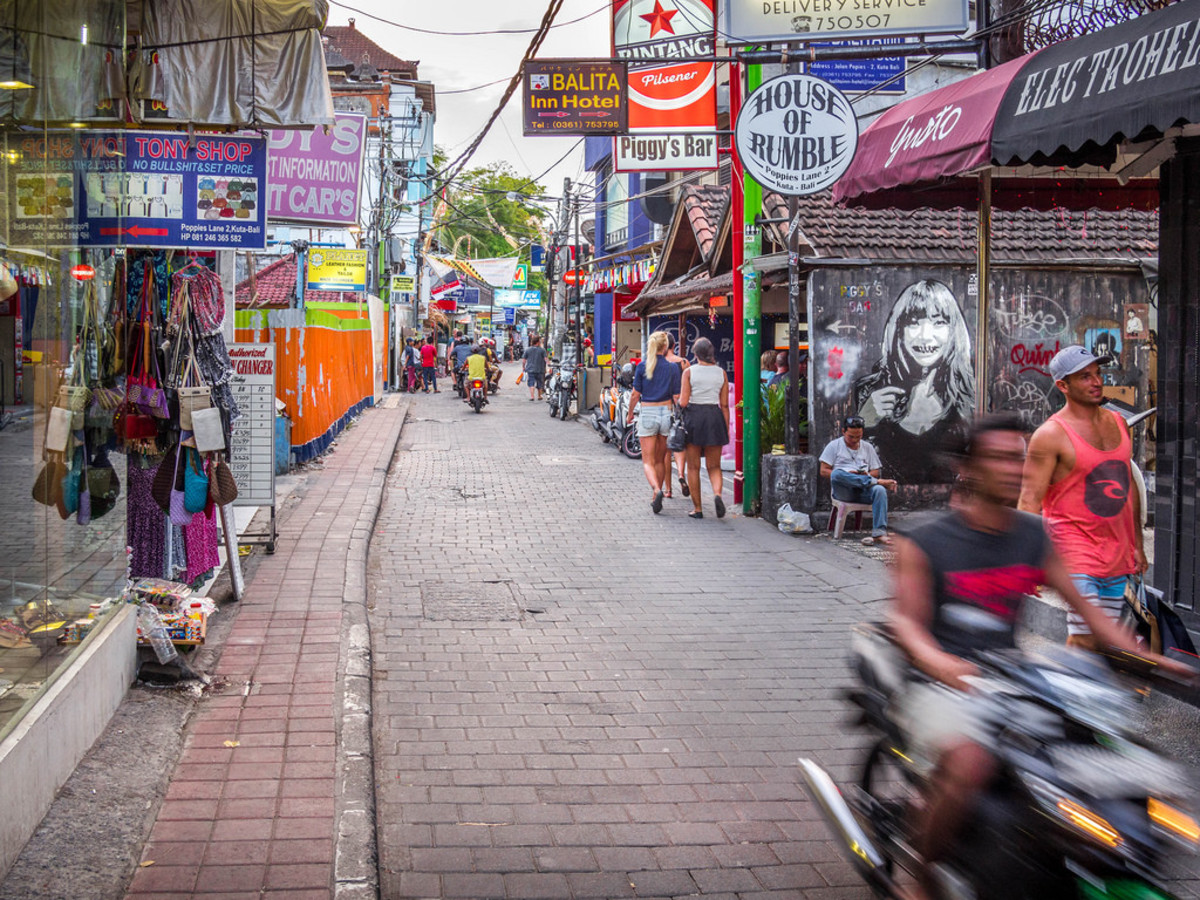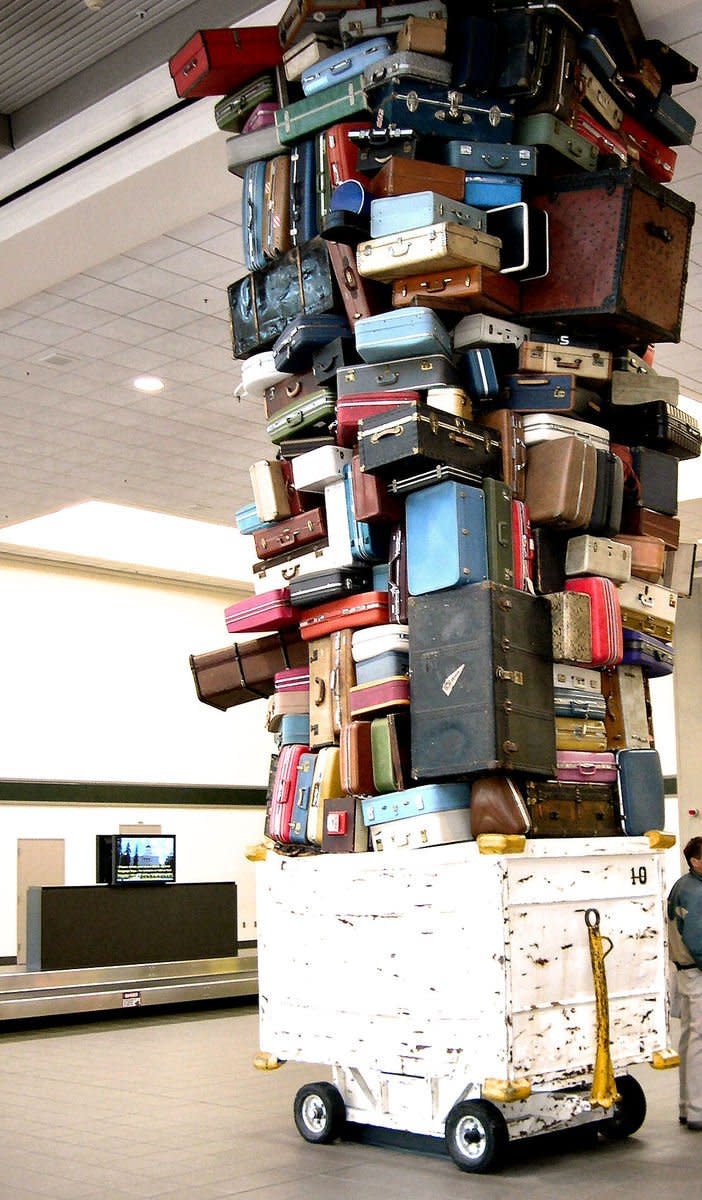- HubPages»
- Travel and Places»
- Travel Tips & Preparation»
- Special Tips for Travel
Travelling Tips for Senior Australians

Age doesn’t have to be a barrier to doing the things you always wanted to do. In fact, more and more seniors are now buying plane tickets and traveling overseas – proving that life doesn’t have to slow down after retirement. Your life of hard work and sacrifice has led to this moment, and now is the time to enjoy the fruits of your labor.
If you’re planning on packing your things and going away on the trip of a lifetime, here are a few considerations and tips to make your travels safe and stress-free.
1. Find a senior-friendly travel agency
An experienced travel agent will be glad to help you to plan and organize every detail of your trip. This helps to take away the stress of planning and allows you more time to look forward to your holiday. If you already have a destination in mind, your agent can then help to find senior friendly accommodation options and arrange all flights, transfers, and create an itinerary for you.
If you are unsure of where to go, your agent can also suggest suitable destinations and even activities or tours customized especially to you and your needs. Travel agents are also trained to sort through multiple flights and booking reservation websites, which makes it easier for those who have difficulty navigating the Internet or online booking systems.
2. Make arrangements for a more comfortable journey
If you are traveling overseas and taking a long-distance flight, you may wish to organize the following to provide a more comfortable, safer, and relaxing journey:
-
Reserve a seat designated for disabled travelers or book a seat with extra legroom. Most airlines give you the option to reserve a seat with extra legroom at an extra cost. You can do this via the online booking system or by contacting the airline directly.
-
Pre-book a wheelchair or buggy/chaperone service at your destination airport. All airports provide their own mobility assistance service, providing guests with wheelchairs or chaperones to help navigate the airport and assist with walking long distances. It’s best to contact your airline directly to organize this in advance.
-
Advise your flight reservation system with any dietary needs. Most online booking systems allow you to select your in-flight meals and to alert them of any personal dietary requirements.
3. Get a health check-up
It’s a wise idea to consult your doctor/GP for a full health check-up prior to booking your flight. Discuss any particular health concerns you may have and be sure to get any necessary immunizations and medications for your trip.
Depending on your destination country, you may need to bring a doctor’s note accompanying your prescriptions. Check with the embassies of the countries you’re visiting to make sure your medication is legal there. When packing your medication, always keep them in their original packaging so that it can be easily identified.
4. Organize insurance
It’s a known fact that seniors pay more for travel insurance. Pre-existing medical conditions make getting travel insurance even more difficult, especially if you’re over 70. However, travel insurance is crucial for seniors, as it gives you the protection and safety you need in the event that something goes wrong while holidaying overseas. Looking after yourself abroad is essential, and having travel insurance will protect you from unforeseen events or scenarios such as:
-
Medical emergencies and evacuation costs.
-
Loss, damage or theft of luggage and valuables.
-
Trip cancellations and flight delays.
-
Personal liability.
5. Pack light
Packing lightly will make traveling easier. Navigating airports and public transport can be bothersome with heavy or multiple bags of luggage. Instead, try to pack only essential items or opt for an ergonomic suitcase that can be manoeuvered easily.
There are newer models of suitcases on the market which are lightweight and can move in any direction, eliminating the need for heavy lifting or awkward steering. To make your in-flight journey even more comfortable, pack a travel pillow and sleep mask in with your onboard luggage.
6. Stay in touch with loved ones
Sending a copy of your itinerary to your family members or close friends will allow them to be kept up-to-date with your journey. While away, make sure to keep in contact with loved ones, especially if you’re traveling solo.
Thankfully, there are several ways you can make or receive calls without being charged, with apps such as Skype allowing you to use your hotel’s wifi to stay in touch with those back at home.
Before leaving, you should also register your details on Smart Traveller and register your travel itinerary with DFAT. This way, if there’s an emergency or a travel threat in your chosen destination, you and your loved ones will be alerted.
Final remarks
Seniors today spend an average of $6,484 per year on their holidays, which is more than double the average amount spent by those 35yrs old or younger. That’s why it’s so important you do your research – otherwise, you’ll be disappointed at wasting all that money!
And once you have done your research and made your bookings, you can sit back and relax knowing you’ve done everything possible to ensure you have a wonderful trip and will make wonderful memories.








